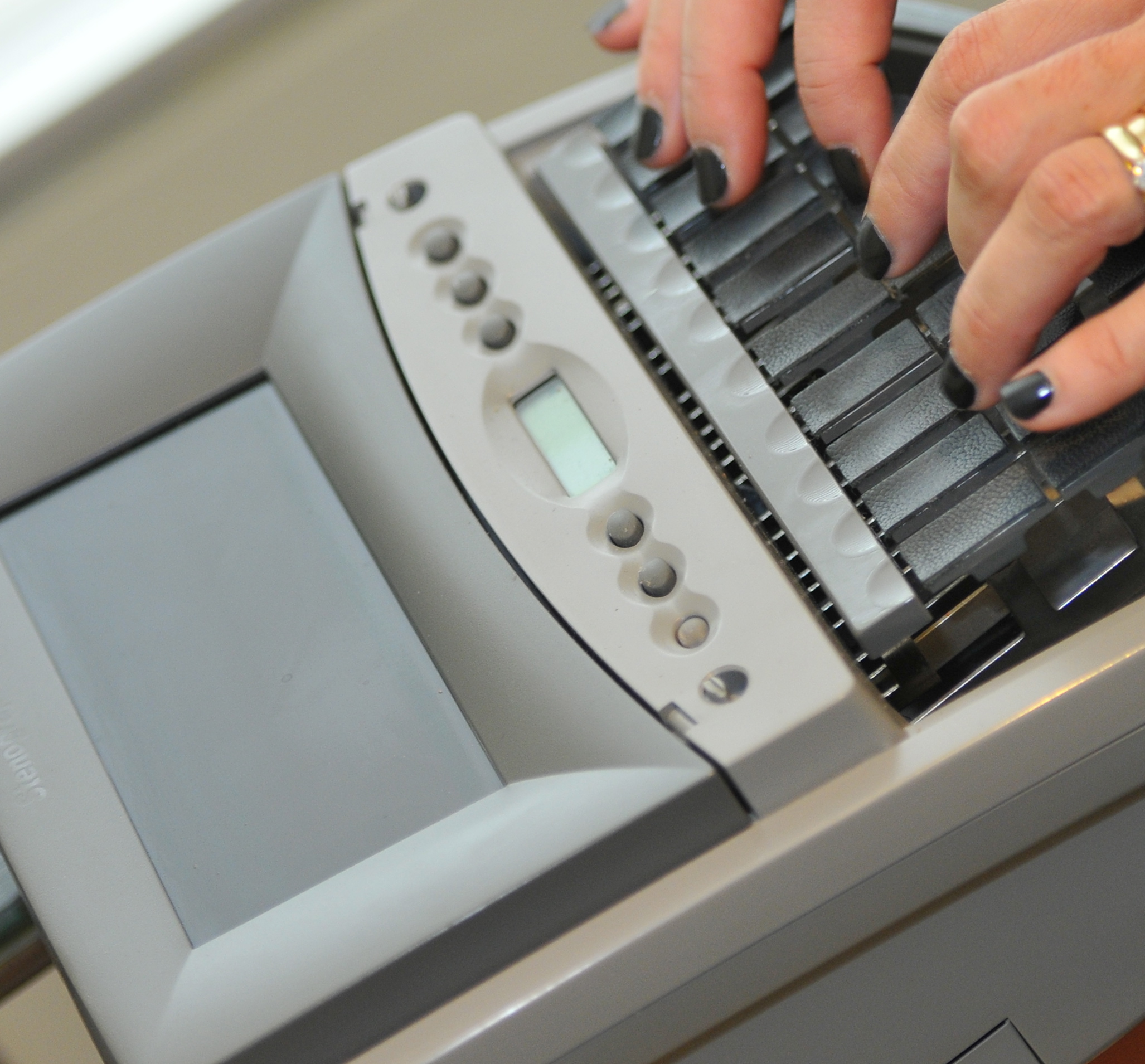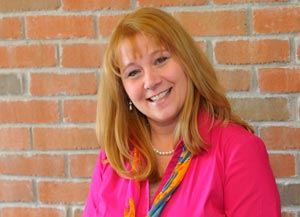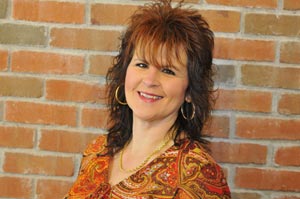Comfort Zone: A Beautiful Place, But Nothing Ever Grows There
Your comfort zone. This phrase can be used to describe many areas of our lives, both personally and professionally. It is a place where we are, well, comfortable. What happens when you get out of your comfort zone?

By attempting something that is “outside your comfort zone,” you are able to grow and, most importantly, learn. Learn that you are a capable human being, learn that mistakes happen, learn that you are courageous.
I saw this learning process in action personally this summer and it was very obvious to me. My 18-year-old son, who just graduated from high school, accepted a job as an overnight summer camp counselor. This is unlike anything he had ever done in his short life. So the day after his graduation party, with his car packed full of all his summer supplies, he drove off to a new adventure that he had been excited about for weeks. While I could see anxiety and worry in his face as he left, I chalked it up to all the emotions that came with graduation and parties in the days prior.
Within two hours, I was receiving texts from my son telling me, I can’t do this, this isn’t for me, I don’t fit in, and the words no parent wants to hear, “I’m quitting.” We exchanged many texts. Me, trying to convince him things will get better and to stick it out. Him, vacillating between asking me to bring extra supplies and wanting to quit. Fortunately, his camp directors have probably encountered this many, many times and they were able to encourage him to stay through the day, and by 10:00 that night, he told me he was staying.
Now, halfway through summer, he is so glad he stuck it out. He has made new friends from Ohio as well as Australia, New Zealand, England, and South Africa. He now realizes how this has prepared him to leave for college in the fall. That, too, will be full of uncertain, new experiences and he is more prepared.
If you stick it out, there can be great things awaiting you.
I have also recently witnessed colleagues stepping outside their comfort zone professionally . There are court reporters moving from deposition work to court work, adults going back to school for a new career, attorneys changing firms after a long career, and others taking on new committee or association work. You may find yourself questioning your decision after a few weeks or months into the new commitment. It’s uncomfortable. It’s new. It’s not your comfort zone.
What at first glance appears to be “not for you” may turn out to be the best thing you’ve done.
As a court reporter for 20 years, I didn’t really consider that I would someday be a court reporting firm owner. However, after much thought, and with a lot of excitement, I became a firm owner two years ago. I have learned much about myself, about my business, about people – the list goes on. Most importantly, I am still learning that mistakes are not always a bad thing, as long as I learn something from them. And, boy, am I learning!
While my son and I were texting that first day at camp, I sent him this image:

If you’re considering trying something new, either personally or professionally, I would urge you to overcome your fear, remind yourself that you are capable, and don’t just step – JUMP out of your comfort zone!
ABOUT THE AUTHOR:
Angie Starbuck, RPR, CRR, CCP is a court reporter in Columbus, Ohio, and the owner of PRI Court Reporting, LLC. Connect with her on LinkedIn. You can also follow PRI Court Reporting on Twitter and Facebook.

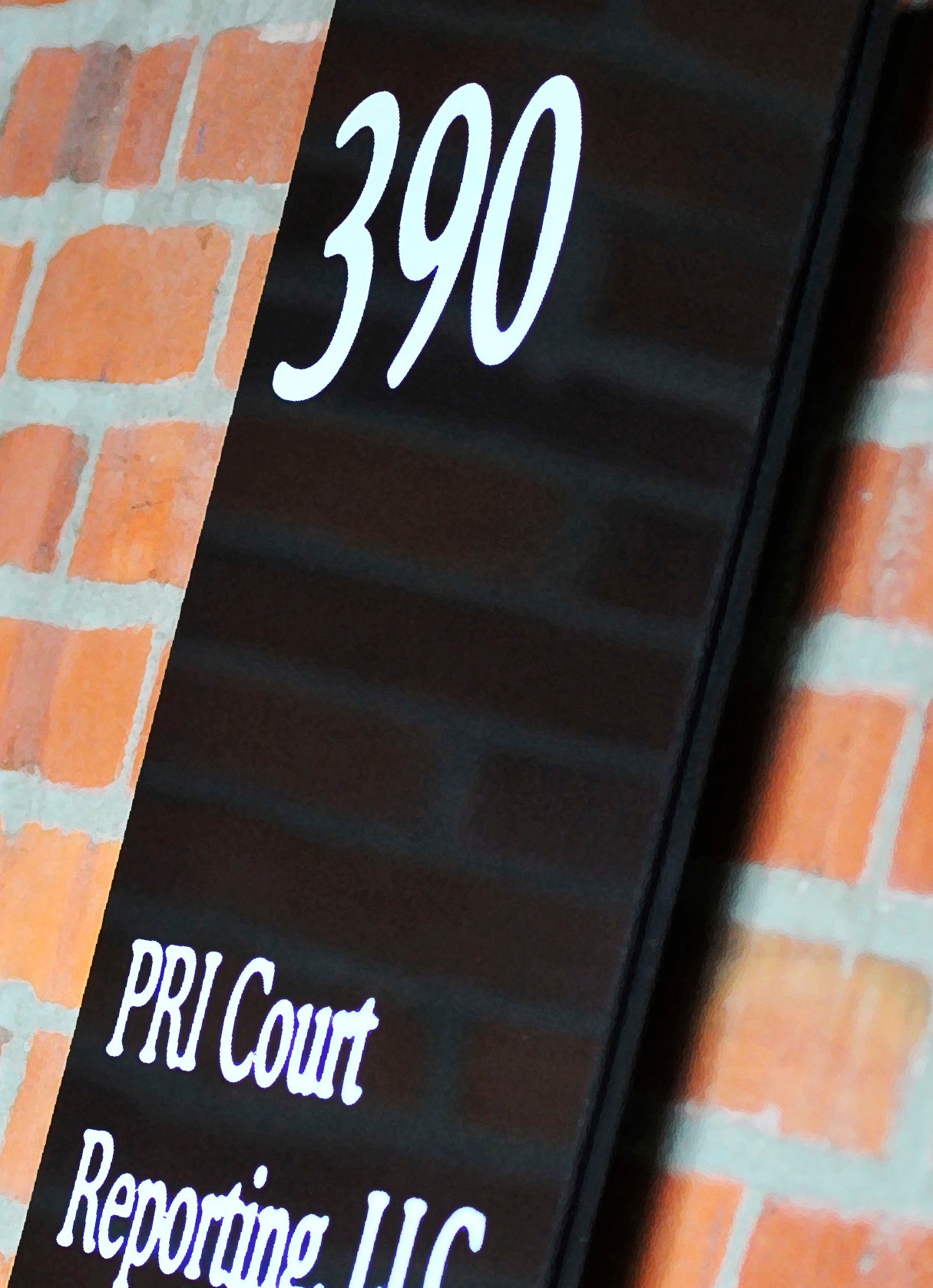
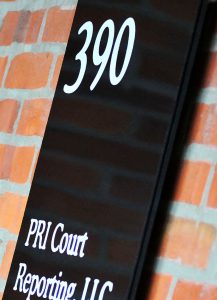 The PRI court reporters are definitely the face of our company. They are the people who are out in the field daily, working with attorneys, expert witnesses, consumers of CART, etc. They represent the best of our brand here at PRI and each one of them embodies the traits we list in our tagline: Prompt. Precise. Professional.
The PRI court reporters are definitely the face of our company. They are the people who are out in the field daily, working with attorneys, expert witnesses, consumers of CART, etc. They represent the best of our brand here at PRI and each one of them embodies the traits we list in our tagline: Prompt. Precise. Professional.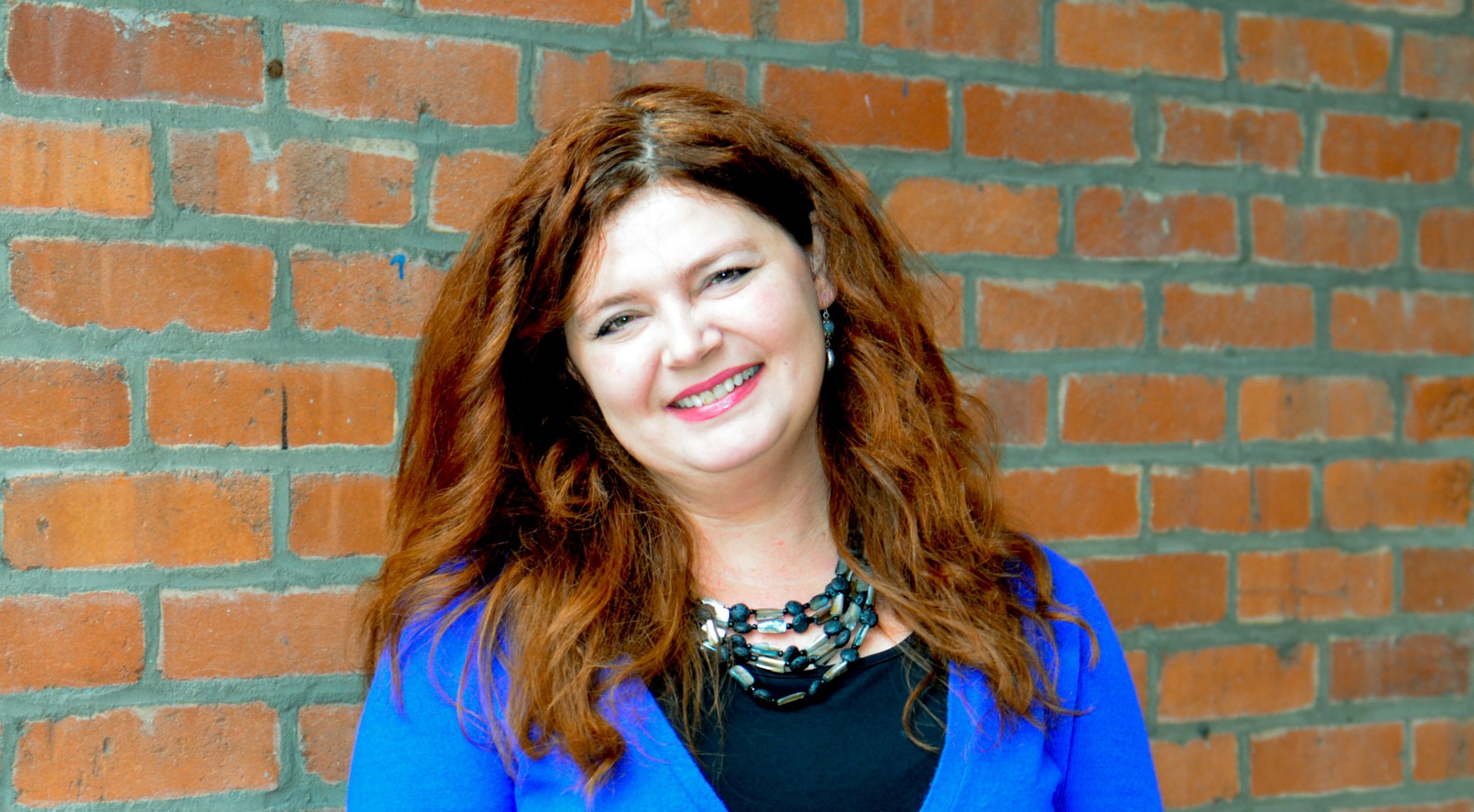
 urt Reporters Association (NCRA), the country’s leading organization representing stenographic court reporters and captioners, has announced that Angie Starbuck has earned the nationally recognized Registered Diplomate Reporter (RDR) certification, the highest credential available to stenographic court reporters. The reporters with the RDR credential are recognized as highly experienced and seasoned, and are members of the profession’s elite.
urt Reporters Association (NCRA), the country’s leading organization representing stenographic court reporters and captioners, has announced that Angie Starbuck has earned the nationally recognized Registered Diplomate Reporter (RDR) certification, the highest credential available to stenographic court reporters. The reporters with the RDR credential are recognized as highly experienced and seasoned, and are members of the profession’s elite.